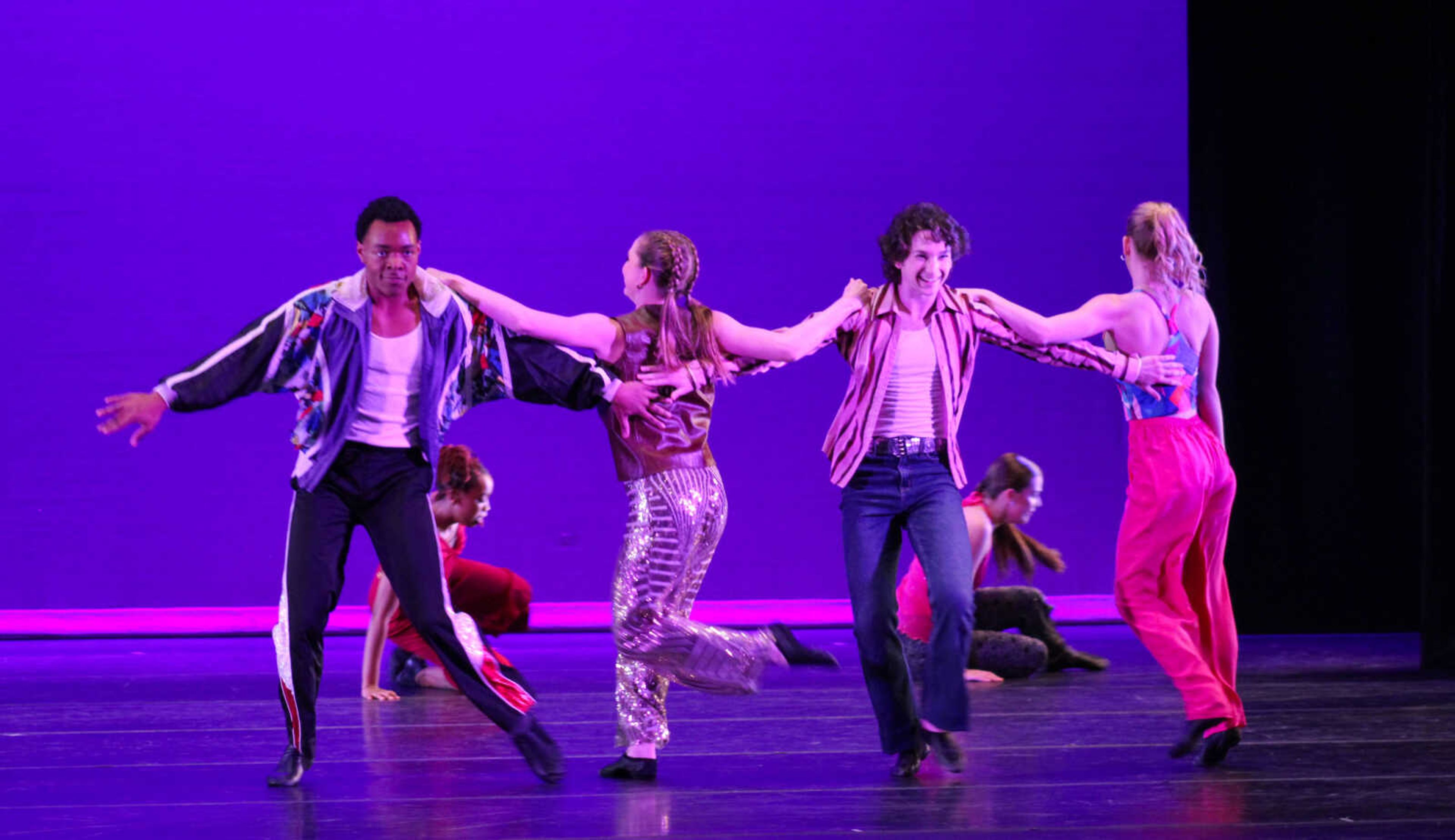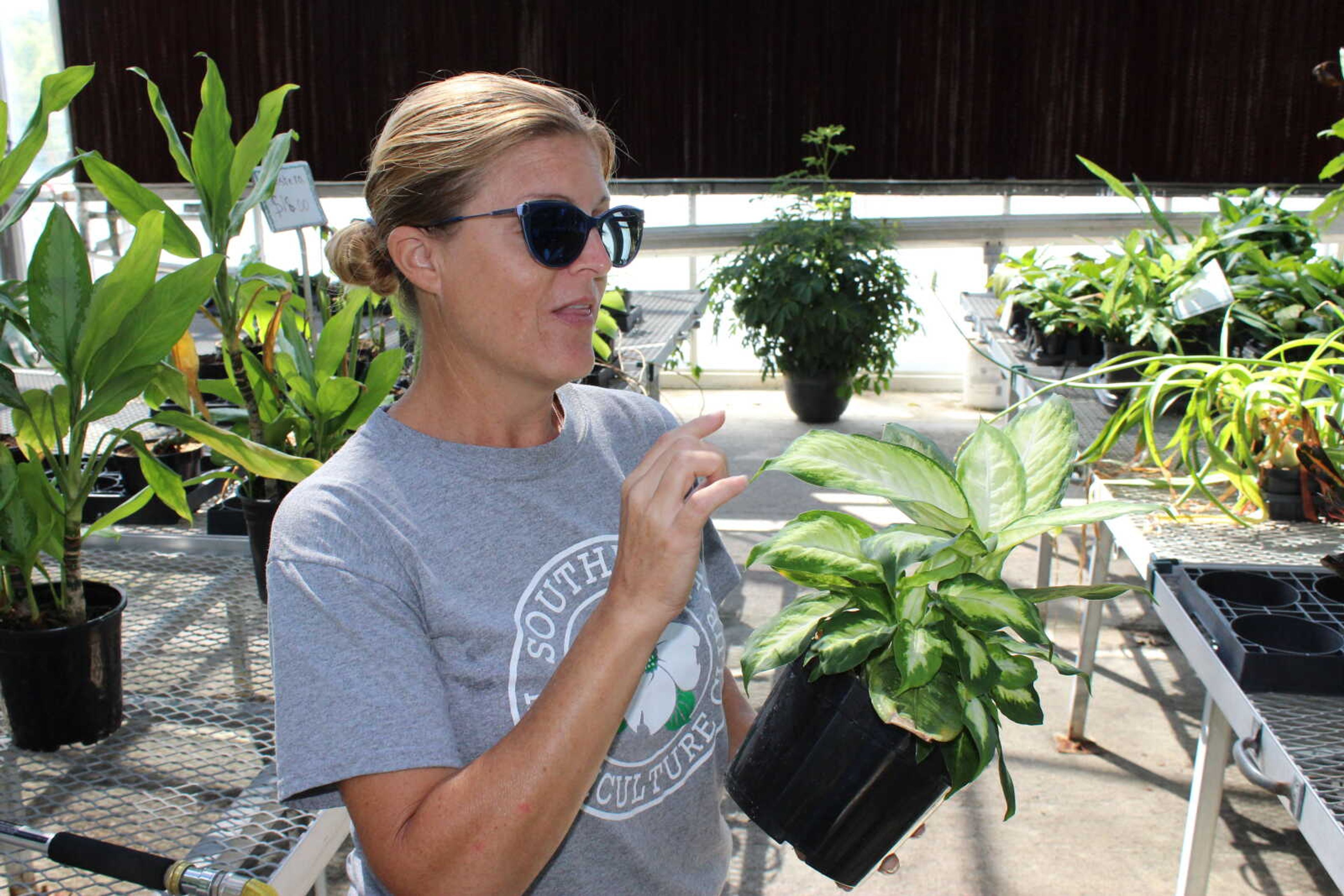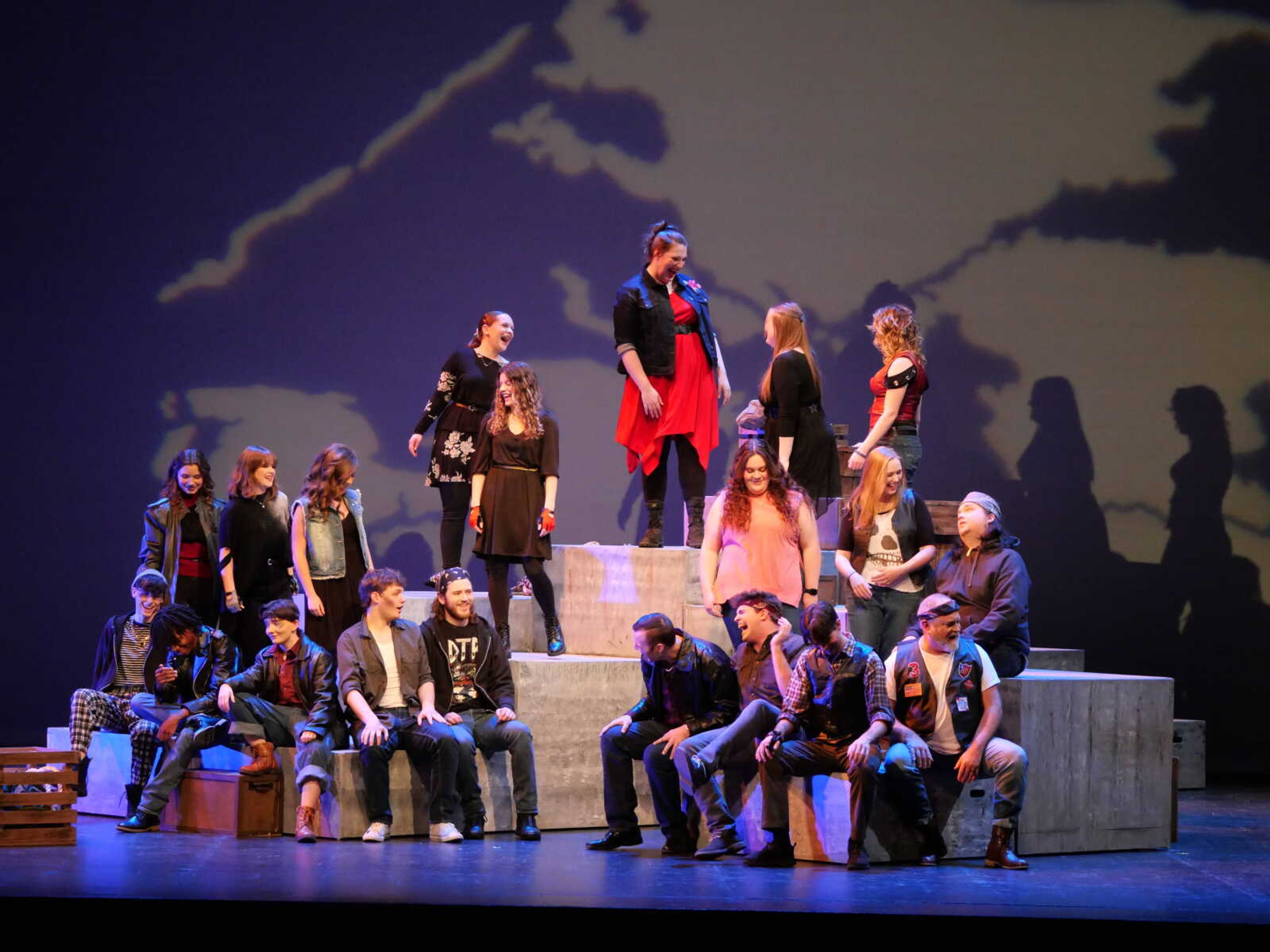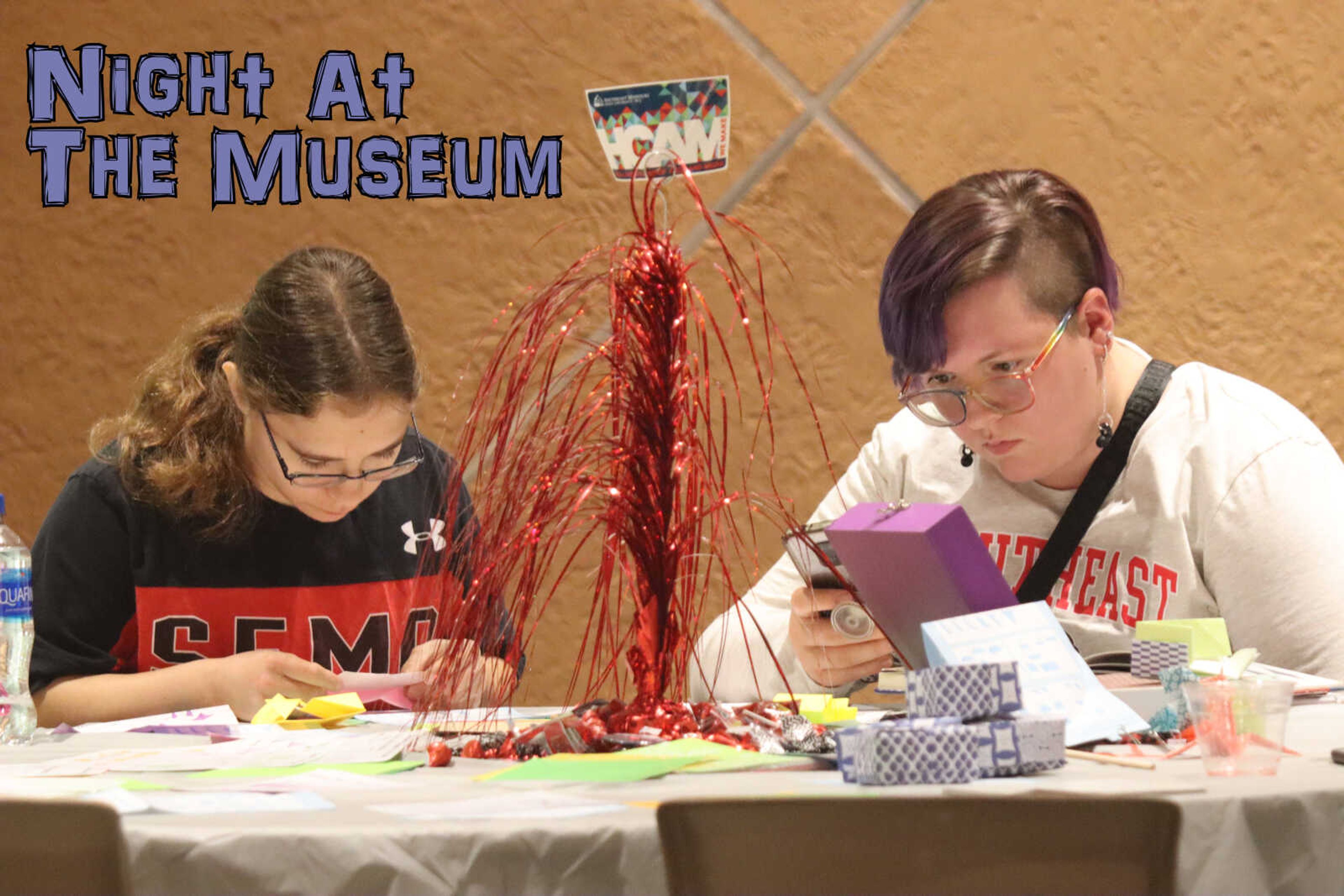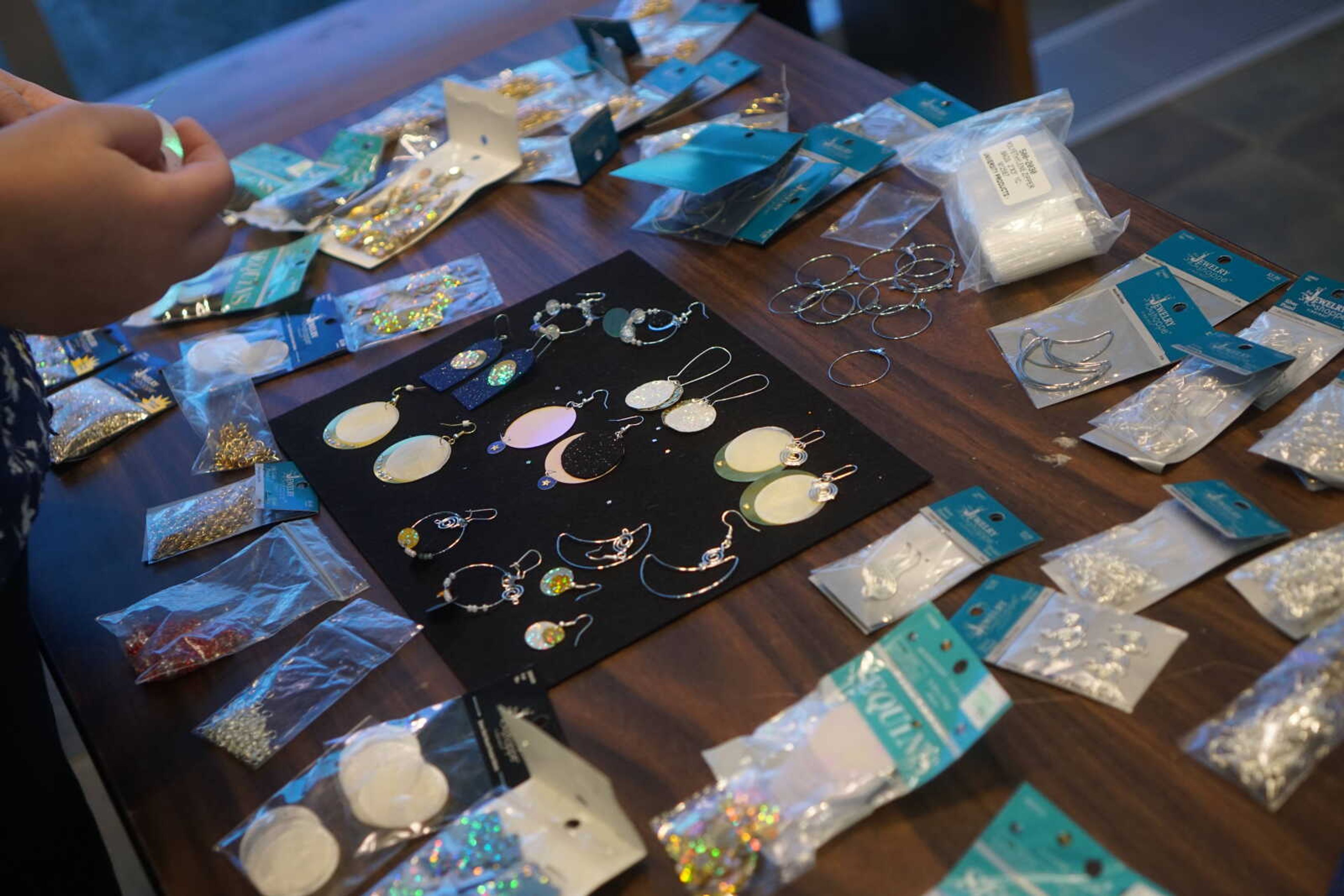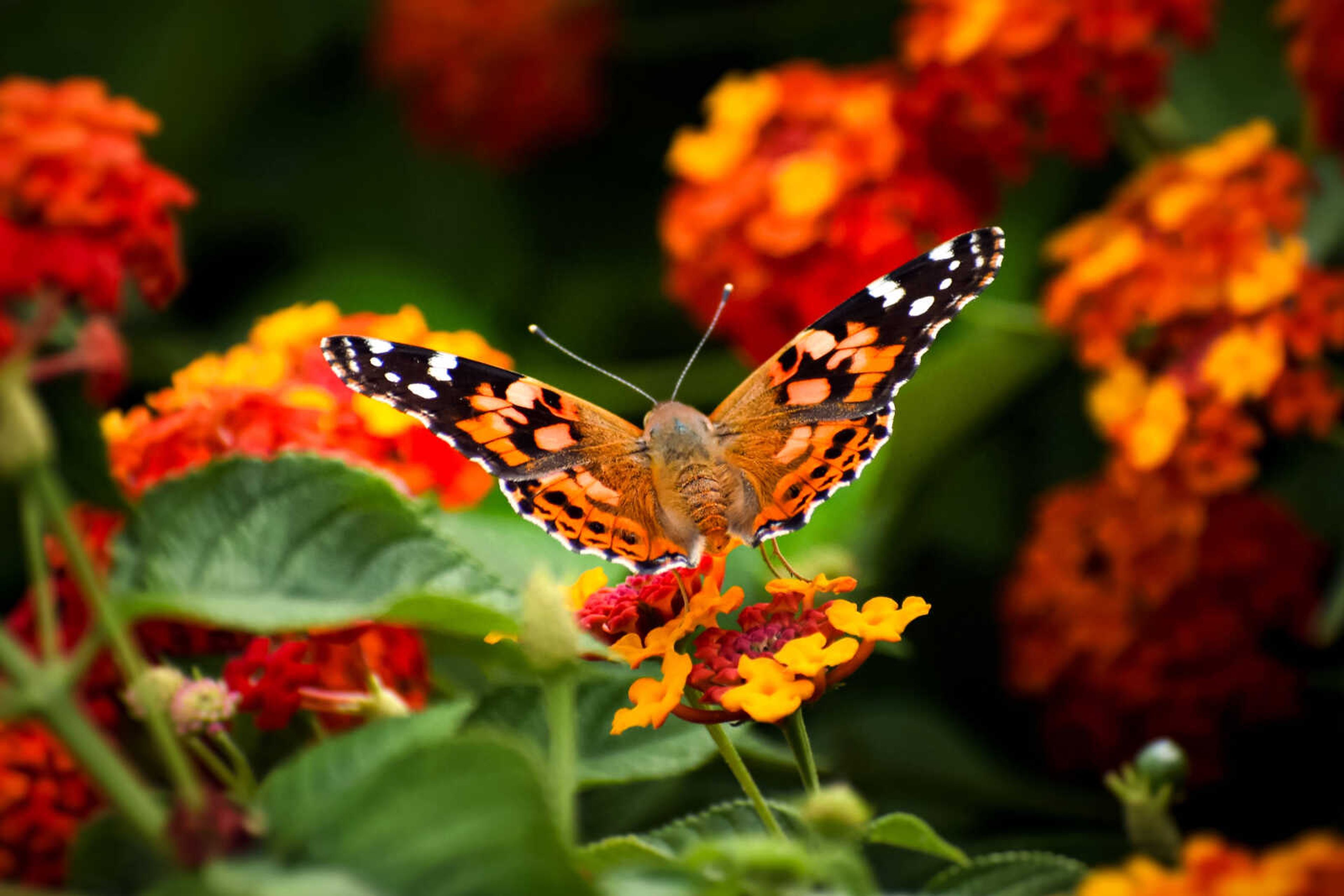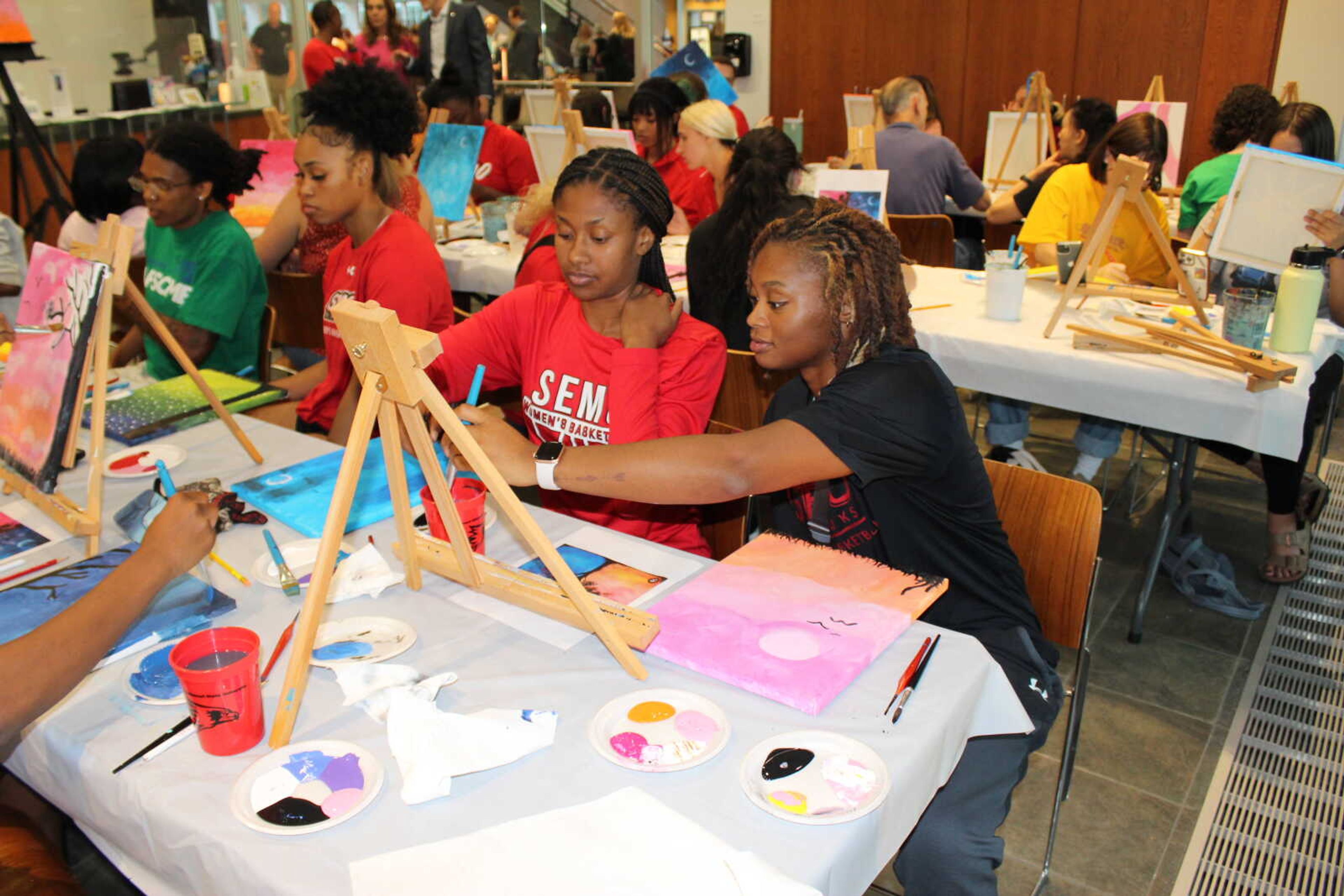March is Women’s History Month, a time to encourage women and educate others about the important strides women have made throughout our world’s “her”story. But often, certain women and topics do not receive the same safe space as others.
On a college campus like SEMO, organizations host events to celebrate International Women’s Day and Women’s History Month. Many international female students’ voices are often dominated by domestic conversations. That is why Assistant Director of International Student Services Brooke DeArman created a safe and open platform for her diverse students to express their own experiences with womanhood.
“They bring a very different perspective on a lot of different topics,” DeArman said. “They have different backgrounds, different histories, different cultures and everything. So when it comes to a university campus, anything that they can bring in, especially to our students who did not have that exposure — maybe they are from the smaller towns — it is great for them to get out there and be heard.”
DeArman, who is from Kennett, Mo., did not have experience with international students until she attended SEMO. After making international friends in the music department, she said she realized how “simple-minded” she was.
Both domestic students and international students benefit from sharing perspectives. Many of the countries represented at SEMO’s International Village have restrictions placed on certain information — even important health information—like in Saudi Arabia or China. In some of their home countries, international women on campus do not have the same access to information as an American student, so coming to the United States can be a shock; many of the women have been unable, or unsure, of how to get the help they need.
“The inability to [have access to] information that they don’t have, especially internet-wise, so many countries … they just physically can’t Google a certain term,” DeArman said. “If they needed to Google a breast self-exam, they can’t, because ‘breast’ is restricted, and they can’t search it.”
Despite the freedom of information in the United States, female domestic students may know a lot about health-related subjects, but may not have the courage to talk about or seek help for their needs. Female health is still taboo to some extent, even in America. Periods, family planning, reproductive health, genitalia and sex are usually dicussed privately and without the guidance of medical professionals.
DeArman said when she was a college student, she had her own female issues she dealt with, but she “didn't have the guts” to learn more about it.
“If I had found out certain things about my own self when I was in college, my quality of life would be much better today,” DeArman said. “So, that is why I have gotten to the point where I’m like, people need to learn these things early on. They need to feel empowered and confident to go to a doctor and ask these questions. … They're not weird.”
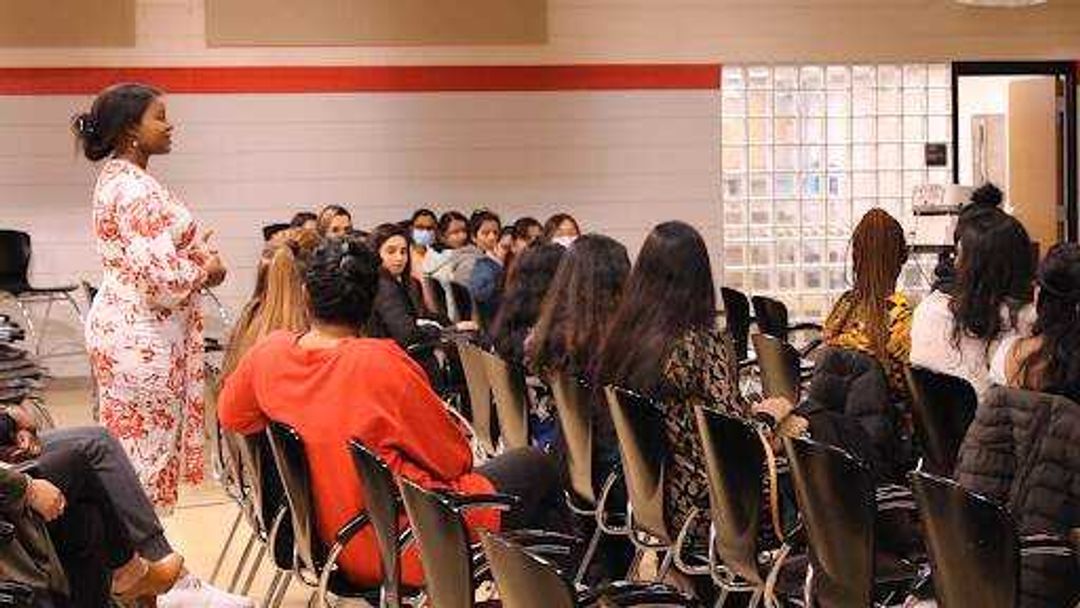
Because of her own experiences with lack of information and confidence in her own womanhood, DeArman advocates for this particular group of students. She said it is important for her to ensure they have this awareness early on and don't wait until they are 35 years old to take care of their female health problems, like breast cancer or gynecological issues.
To help with this, DeArman hosted a private event at International Village on Mar. 8 for female international students to ask anonymous questions, have an empowering discussion and learn about women’s health from OB/GYN, Dr. Heather Cugini, who has been DeArman’s doctor for the past decade. DeArman said Dr. Cugini was the perfect speaker for this population, and that the students were super engaged during the nearly two-hour-long presentation.
Finance and entrepreneurship student Tanatswa Musunda is from Zimbabwe. Musunda said she is a “girls' girl” — she grew up in a house full of girls and went to an all-girls’ school — and it is important to have a community of women she can share her beliefs with. She shared her own perception of womanhood and why creating platforms to voice these experiences is important.
“Being an international student, being in a room where I’m listening to someone from India explain how they were taught sex ed, and I’m listening to someone from Kentucky, America, describe how their mom went about things,” Musunda said. “I want to understand other women better because, how do I empower someone I don’t know? I need to know my sister beside me for me to empower her.”
Business economics and health care administration student Sibonginkosi Mathe is also from Zimbabwe, and Mathe said she wanted to be in a space where she could be around women who want to be empowered just like she does. Mathe values education, especially regarding women’s health, and wants everyone to join the conversation.
“I felt like I needed to be informed about my body, and take charge of it, in order to educate even my future partner or children, or even friends and family, where they come from a culture just like mine where sex is not openly spoken about. This was the first step that needed to be taken in my life,” Mathe said. “And as someone who is going to be taking health care administration, I wanted to feel like I’m going to these spaces where I can meet people of similar mindsets, so I can be educated, as well as ask questions about the career field I am about to enter into.”
Musunda, Mathe and others said they think it would be beneficial to invite domestic students, both women and men, into conversations like these. Everyone is affected by women’s health in some way — what better way to celebrate Women’s History Month?
